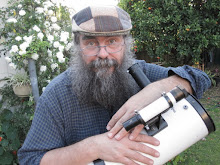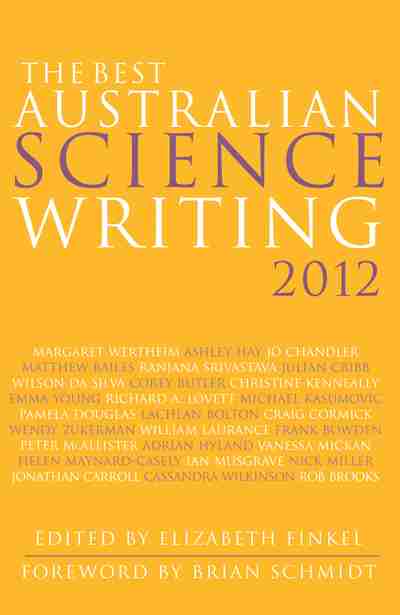Tuesday, February 03, 2009
I’m on Radio Australia.
Radio
I’ve done a number of interviews for radio in regard to astronomy (and only two in regard to my biological research [sigh]), and I thought I might share some of the things I learned as part of my experience. Who knows, your local radio station may ask you to give them a talk, I never expected it to happen to me, but it did. I've even been asked to speak more than once.
- Relax, the radio folks want to talk to you because they think what you do or know is interesting, and the listeners think it’s interesting. You know your stuff, the sky is your playground. It’s radio, so close your eyes and imagine you are out in your backyard, talking to a friend about what you love. Let your enthusiasm for your astronomy shine through.
- Prepare beforehand. Think about what you would say. Imagine how the interviewer can ask you different questions. The interview will almost always evolve in ways you can’t foresee, but the practise of imagining how things could go will mean you won’t freeze up when the interview heads off in its own direction. In one interview I ended up talking enthusiastically about exoplanets, when I had no inkling we would ever go in that direction.
- No matter how polished you are, there will come a time when you have a mental blank. I have a single sheet of paper next to me with a couple of dot points written on it to prod my memory if the brain cloud gets me. Key dates (no matter how well you know this, the date of the next Leonid meteor shower can evaporate in an instant during an interview), a couple of linking ideas and so on. Don’t put in too much detail, you will get lost trying to read it and this will distract from the interview (you are sharing a conversation with the interviewer, not reading a script). Just enough so that if you feel the brain cloud looming, you can flick your eyes to the side and pick up that key point or date that went blank.
- Sometimes, you will make a mistake. Once I was taking about a lunar eclipse, and I was asked about how the date of Easter was calculated. The dreaded brain cloud descended and I had to admit I hadn’t the foggiest idea. After all, it’s not something I do generally. Gracefully admit you do not know, and use that as a jumping off point to something you do know. Don’t let it throw you (on the other hand, someone rang in to ask if the Southern Cross could be used as a clock, and I had just written an article about that, so that was a score).
- Don’t be disappointed after the interview. I used to be; then I ran across people who had heard what I thought was the most dismal radio interview I had even given, and they thought it was great! There will always be things you leave out that you wanted to put in (I forgot to mention the 100 hours of Astronomy during the Radio Australia interview), and things that you think you could have said better, but most people will find what you said interesting and informative. You have made their days a little brighter by showing them a bit of the sky that you find so fascinating.
Labels: public outreach




 Click to read about or order
Click to read about or order Click to read about or order
Click to read about or order Click to read about or order
Click to read about or order Click to read about or order
Click to read about or order




